Multiculturalism and Writing
Berit Ellingsen is a Korean-Norwegian writer who writes in English. We asked her how multiculturalism affects her writing.
Multiculturalism affects me first and foremost in that I write in a language that is not the first language of the country I live in. It’s the language most people here learn as a second language, yet which we hear every day on tv and other media, and which is taught early in grade school, and in some cases on pre-school level.
In a country with a small population and not much cultural dominance in the past, the population has to learn the language that is most used for business and communication, which is English, to be able to communicate with the rest of the world.
Since it’s expensive to translate books and documents, and most people understand English well, a lot of academic literature, business reports, and even fiction is usually not translated, but imported and read in English. Similarly, large amounts of entertainment and media is imported from English-speaking countries. Maybe as much as a third of the programs on the tv channels in Norway is in English.
If I hadn’t written in English, I would first and foremost have missed working in a language which has terms and expressions that are more
accurate than my own language, a much wider vocabulary, and which just feels more suited for writing. That’s why I prefer to write fiction in English.
English is also such a widespread language, that by writing in English, my stories and books have been read by people who live in
countries and on continents I have never been to, and in cultures I have never experienced in person, and that is just amazing to know. That would probably not have happened if I had only stuck to my first language.
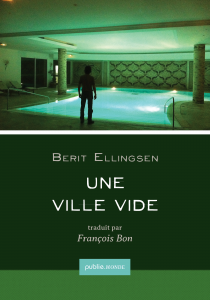 Moreover, a French writer who also does translations to English, found my novel, The Empty City, online and wanted to translate it to French, a language I don’t know very well and can’t write in. If I hadn’t written in English, my words would not have reached that audience, whose language I don’t speak.
Moreover, a French writer who also does translations to English, found my novel, The Empty City, online and wanted to translate it to French, a language I don’t know very well and can’t write in. If I hadn’t written in English, my words would not have reached that audience, whose language I don’t speak.
Naturally, there are more people who write in English than in Norwegian, and perhaps it’s more difficult to gain the attention of editors and publishers, but there are also many more literary journals, presses, and even fellowships and retreats, a writer can apply to in English.
Then there’s the great pleasure of connecting with other writers from all over the world, both writers who are writing in their first language, and other writers who are also writing in their second (or third) language.
Writing in a second language of course presents some challenges. There almost seems to be an asymptotic phenomenon: no matter how well you know this language, no matter how much you read or write in it, there will always be errors and mistakes. So you need to like the language you write in a lot, and wanting to keep learning new words, new meanings and new expressions.
Another issue is that of dialect or slang. Since English is not my first language, I hesitate to write any kind of local dialect or slang, because that would feel like a cultural appropriation and perhaps be inauthentic. Hence, I mostly use a neutral standard English in dialogue. But maybe that places me as a western middle-class writer from the start?
I nevertheless love to hear local expressions, slang and dialect in all the languages I’m familiar with. I also enjoy learning words that have no direct equivalent or translation in other languages, words that are highly specific to a situation, place, or culture, are fun to learn. They capture emotions or situations other words can’t.
 There is also something invaluable in being able to read another writer’s words directly, without having to rely on translation, which is always approximate and subject to interpretation. Not to mention the fascinating event when two people are able to communicate in a common language, even if they don’t speak each other’s first language.
There is also something invaluable in being able to read another writer’s words directly, without having to rely on translation, which is always approximate and subject to interpretation. Not to mention the fascinating event when two people are able to communicate in a common language, even if they don’t speak each other’s first language.
That brings a personal understanding and the chance to bridge large gaps in culture, background, or geographical distance, which people who insist that others must speak their language in order to communicate with them will never experience.
Through common languages we can directly experience for ourselves that humans have more in common than what separates us. As a biologist and writer, I believe this was the reason why abstract language evolved in humans in the first place.
—
Berit Ellingsen is a Korean-Norwegian writer whose stories have appeared in Unstuck, SmokeLong Quarterly, elimae, Birkensnake, and other literary journals. Her short story collection, Beneath the Liquid Skin, was published by firthFORTH Books in November 2012. She was also nominated for the Pushcart Prize and the British Science Fiction Award in 2012. Berit’s novel, The Empty City, was translated and published in French as Une Ville Vide (Publie Monde) in the summer of 2013. Find out more at beritellingsen.com and follow her on twitter @BeritEllingsen
Category: On Writing
Comments (9)
Trackback URL | Comments RSS Feed
Sites That Link to this Post
- Interview in Women Writers | Berit Ellingsen - Fiction Writer | December 9, 2013





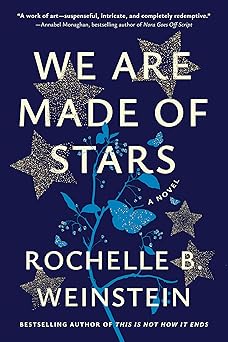
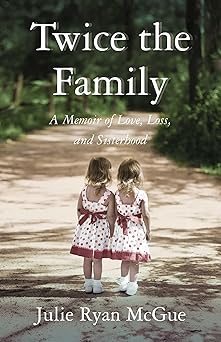
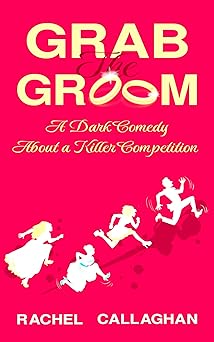


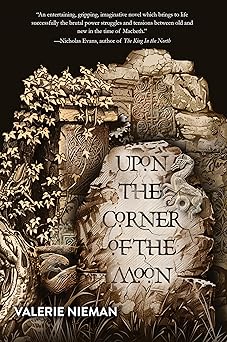
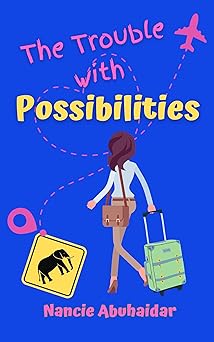
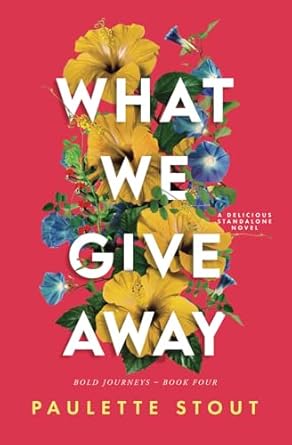
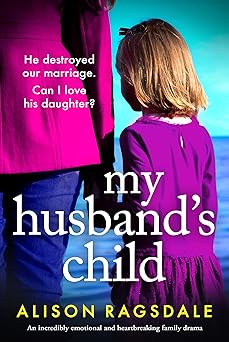
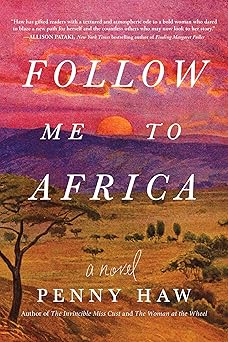
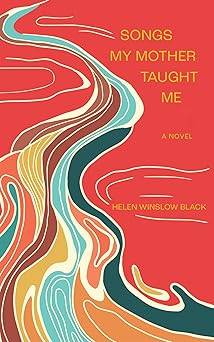
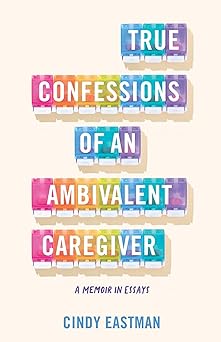
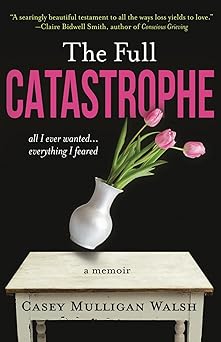
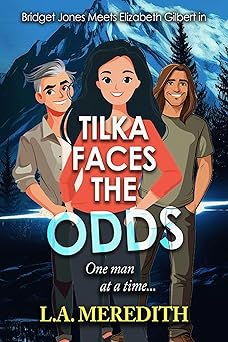

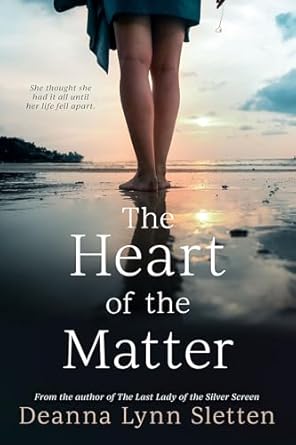
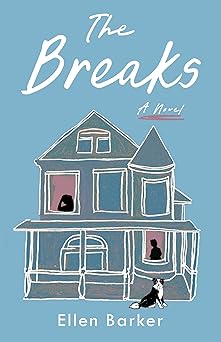
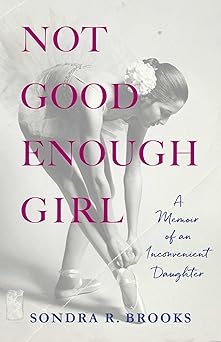
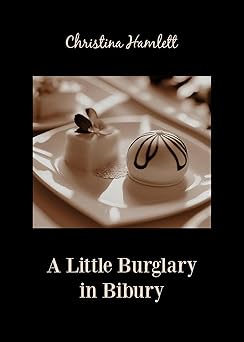
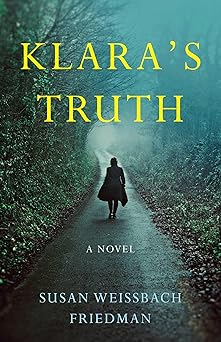
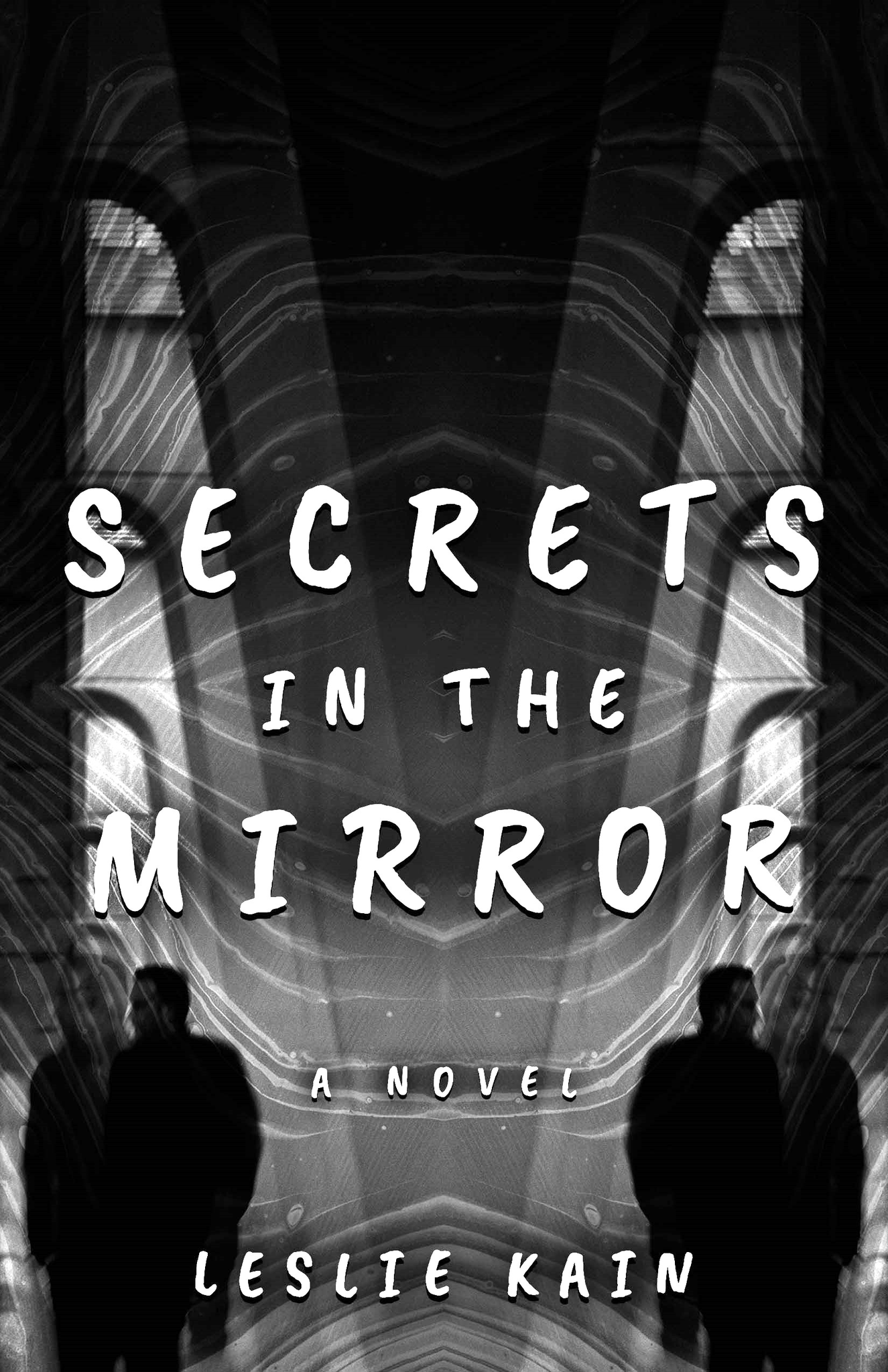
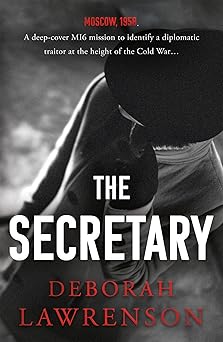
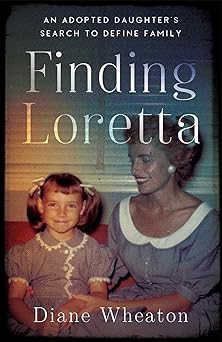
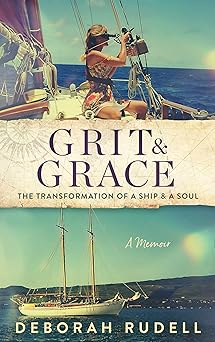
I love how languages are never a 100% match. It’s a conceptual challenge that really challenges you to think about what you to write and how. Being Dutch and writing in English I deal with similar issues. I met people I otherwise never would have interacted with. Loving it.
Very interesting piece. Another aspect if ‘multiculturalism’ in writing is the general expectation that mixed race or multicultural authors should have to write about ‘multi culural’ subjects, ie as a British author of mixed Indian/British origins, there is a general expectation that I should write about racial issues. The fact is I don’t. Although my background might inform my general perspective as a writer – ie a generally cosmopolitan outlook – I don’t see why I should be pigeon holed into writing about ‘racial’ issues.
Berit,
I agree with the statement you made about the English language being ‘a language which has terms and expressions that are more accurate than my own language,…’
I was born and brought up in Poland, therefore Polish is my mother tongue. However, I find English to come more naturally. Almost from the beginning of my stay in the UK (10 years now), I began to find myself thinking in the language. Skill was being added as I continued to learn, read and write in English. Yet, my appreciation for it’s creative freedom preceded all of the above, Monika Ribeiro
It’s funny you both should say that, because I’m another Norwegian writing in English, and I find the opposite to be true. In most cases, I find Norwegian to be much more accurate and detailed. After twenty-five years of living, thinking, and dreaming in English, when I write, there are still times when Norwegian expressions come to mind, and when I try to translate them, I realize it’s because they’re more descriptive of what I’m trying to say than any English ones. But of course that might be just me.
This was a very interesting read. I was born in India, where there are so many languages and has a rich literary history in both English and other languages. But for me the word ‘second’ language is a misnomer, as most of us study in English, think in English but with a unique Indian-ness to it, which makes it both quirky but at the same time causes problems when being read by an ‘English’-as-a-‘first- language-person, but not so much because of the language, but the cultural connotations, in which it is used!
Berit, you have such a beautiful, distinctive voice in your writing.
Do you feel that this is, in part, a product of writing in a second language?
How fascinating! Of course, amazing writing has come from using a non-native language: Conrad and Pessoa, for example. I look forward to reading your work. Having done some translating, it truly is an imperfect art and necessarily loses from the original voice. Thanks for this article, Berit!
Being born and bred in England I always admire people from around the world who have command of two langauges.(Or more). When I was growing up there was not much emphasis on being fluent in another language. I feel I miss the flow and local dialect etc if I read a transaltion. e.g Gabriel Garcia Marquez. As much as I love his books I often wonder if I miss just an extra flavour of something that can get lost in translation.
Thanks for submitting this piece and good luck with your writing.